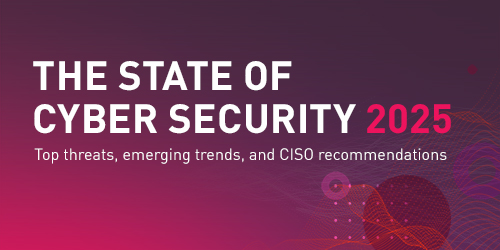Understant how Does a VPN Work and the Benefits
A VPN is designed to create an encrypted tunnel between two points. Both endpoints have a shared secret key, which allows them to encrypt their outgoing traffic and decrypt incoming traffic. This shared secret key might be derived from a user’s password or derived via a key sharing protocol. The exact mechanics depend on the VPN protocol in use.
What Are the Benefits of a VPN Connection?
The purpose of a VPN is to provide employees with secure remote access to corporate resources. Some of the benefits of a VPN connection include:
- Data Security: VPNs encrypt traffic between a remote worker and the corporate network. This helps to protect their traffic against eavesdropping and MitM attacks.
- Greater Visibility: Remote users can directly access the Internet and an organization’s cloud-based resources. With a VPN, all traffic flows through the corporate network, allowing the organization to inspect and secure this traffic.
- Perimeter Security: A VPN routes remote users’ traffic to inside the corporate network perimeter. This enables the organization to protect them and manage their traffic with existing, perimeter-based solutions.
- Local Addressing: With a VPN, remote users are treated like they have a direct connection to the corporate network. This enables an organization to use local addressing for all users, both on-prem and remote.
Types of VPNs
Numerous VPN protocols exist, some of which are more secure than others. Some of the main types of VPNs include:
- Remote Access VPNs: Remote access VPNs use custom VPN protocols to provide a remote worker with access to the corporate network. Some commonly used VPN protocols include IPsec and OpenVPN.
- SSL VPNs: SSL VPNs use an encrypted HTTPS connection to act as a VPN. This approach has the advantage that encrypted web traffic (HTTPS) is permitted through most firewalls and doesn’t require specialized software.
- Cloud VPN: Cloud VPN allows businesses to move their VPN hosting to the cloud for better access to their existing cloud-based resources.
- Site-to-Site VPNs: Unlike the other two types of VPNs, site-to-site VPNs don’t connect a remote worker to the corporate network. Instead, it securely links two of an organization’s sites over the public Internet.
Is a VPN Secure?
Cybersecurity protocols and systems are often evaluated based on the “CIA Triad”. This refers to the system’s ability to provide:
- Confidentiality: Protecting sensitive data against unauthorized access. A VPN’s primary goal is to provide confidentiality through its use of encryption.
- Integrity: Protecting data against unauthorized modification. A VPN can provide integrity protection if it uses an authentication cryptographic algorithm.
- Availability: Ensure that the system remains available to users. VPNs have some availability concerns since they require a certain amount of bandwidth and for the remote endpoint to have the capacity needed to support a user’s traffic.
Limitations and Security Risks of VPN
VPNs are not a perfect remote access solution, leading to some organizations to pursue VPN alternatives. Some of the main limitations of VPNs include:
- Lack of Integrated Security: VPNs provide secure remote access to the corporate network. However, they lack any built-in network security capabilities to identify malicious content, data exfiltration, or other security risks within those connections.
- Inefficient Routing: VPNs are a point-to-point networking solution that can provide a remote worker with access to a particular point on a corporate network. With the growth of cloud-based infrastructure, this can result in increased latency as traffic is diverted through the corporate network en route to its intended destination.
- Network Complexity: As a point-to-point solution, VPNs only provide a secure connection between two locations. This can result in complex network infrastructure for organizations with multi-cloud and multi-site network infrastructure.
- Limited Scalability: Traditional physical VPN appliances have a maximum amount of traffic that they can handle. With the growth of remote work, these scalability limitations can result in degraded efficiency or employees adopting insecure workarounds.
- Software Vulnerabilities: VPN endpoints became a major target of attack with the rise of remote work. Vulnerabilities in these devices can be exploited to gain unauthorized access to corporate networks.
VPN with Quantum VPN
Secure remote access is essential for organizations supporting a remote or hybrid workforce. A VPN is an effective way to protect these workers against eavesdropping and other potential risks on public and insecure private wireless networks.
Check Point Quantum VPN includes VPN solutions suited to an organization’s unique needs, including IPsec and SSL VPN offerings. Learn more about securing your remote workforce by signing up for a free demo today.





